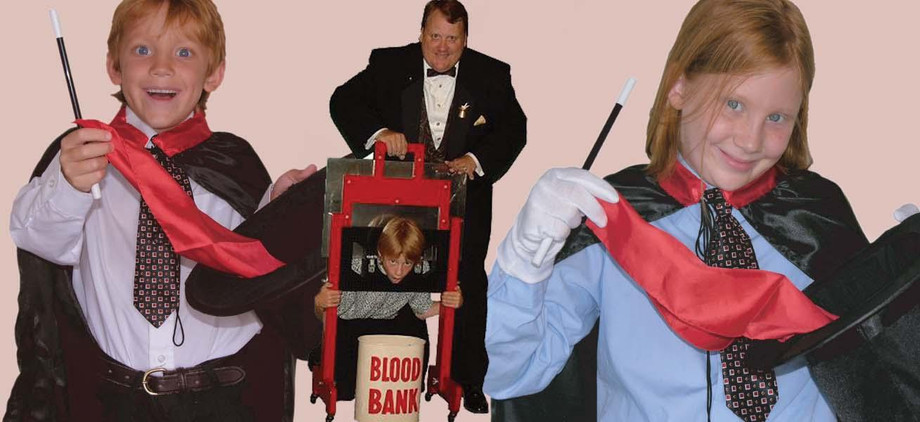Magic, often seen as a source of wonder and entertainment, has a deeper layer for those who choose to make it their profession. For professional magicians, magic is not just about pulling rabbits out of hats or making objects disappear; it's an art form that demands skill, dedication, and a profound understanding of human psychology. In this article, we'll explore the world of magic for professionals, its unique challenges, the skills required, and how it has evolved into a thriving and respected industry.
The Professional Magic Landscape
Professional magic is a multifaceted industry that extends far beyond the stage or television screen. It encompasses a wide range of performance venues, from close-up magic in intimate settings to large-scale stage productions. Magicians work at corporate events, private parties, and even as magical consultants for film and television. The professional magic landscape offers diverse opportunities for those who have honed their craft, combining artistry and showmanship to captivate and astonish audiences.
Skills and Training
Becoming a professional magician involves more than just learning a few tricks. It demands a deep understanding of the psychology behind the art, impeccable sleight of hand, and mastery of various magical disciplines. These skills are typically acquired through years of practice, often under the guidance of experienced mentors. Magicians must develop a unique persona, stage presence, and performance style that sets them apart. Communication, timing, misdirection, and audience engagement are equally vital aspects of a magician's toolkit.
Challenges and Unique Aspects
Professional magicians face a host of challenges, from the relentless pursuit of new material to the demanding nature of live performances. Each show is a unique experience, and adaptability is crucial. Handling audience skepticism, mastering the art of deception, and keeping up with evolving technology (in the case of digital and virtual performances) are some of the unique aspects of this profession. Moreover, the need to keep trade secrets, such as methods and techniques, poses a unique challenge in an age where information is readily accessible.
The Evolution of Magic as a Profession
Magic has come a long way from its origins in ancient civilizations, where it was often intertwined with religious and mystical practices. In the modern era, magic transitioned from street performances and sideshows to refined stage acts. As the 20th century progressed, magicians like Houdini and David Copperfield brought the art form to new heights, with grand illusions and daring escapes. Today, magic has evolved into a respected and lucrative profession, with magicians reaching global audiences through television, film, and the internet.
Diverse Specializations
Professional magicians often specialize in specific forms of magic, such as:
Close-up Magic: Intimate magic performed for small groups or individuals, often using cards, coins, and everyday objects.
Stage Magic: Large-scale illusions and performances in theaters and auditoriums, featuring dramatic effects and grand presentations.
Mentalism: The art of mind-reading, psychic feats, and psychological illusions that appear to demonstrate extraordinary mental powers.
Street Magic: Magic performed in public spaces, often with a focus on engaging and astonishing passersby.
Digital and Virtual Magic: Tailoring magic for the digital age, including online performances, interactive apps, and virtual events.
Professional Magic Organizations and Communities
The professional magic community is not only a tight-knit one but also an educational and supportive environment. Magic organizations such as The Magic Circle, the Society of American Magicians, and the International Brotherhood of Magicians provide platforms for magicians to network, learn, and share their craft. These organizations offer resources, mentorship programs, and conventions that bring professionals together to exchange ideas and stay current in the industry.
The Future of Magic as a Profession
The future of professional magic is both exciting and challenging. Technology is continually changing the landscape, offering new platforms for magicians to showcase their skills and engage with audiences. Virtual reality and augmented reality, for example, open up possibilities for immersive magical experiences. At the same time, preserving the art's integrity and secrets in the digital age presents a constant challenge. Nonetheless, the timeless appeal of magic, the wonder it instills, and the creativity it fosters ensure that it will continue to thrive as a respected and captivating profession.
For More Info:-
marshall brodien tv magic cards
gerry griffin complete card magic




.png)

Comments